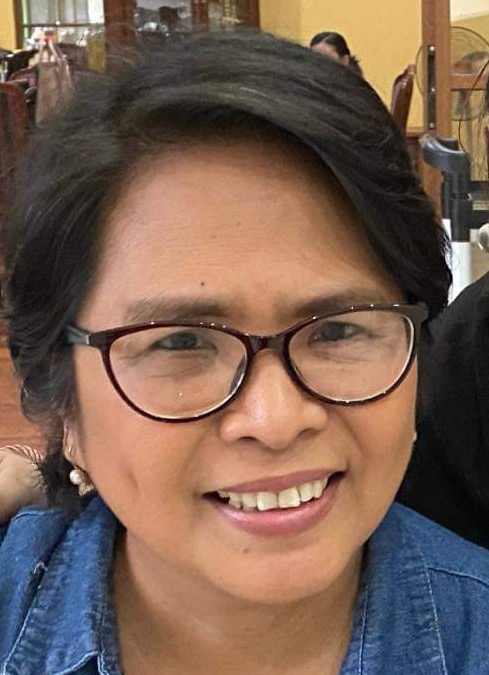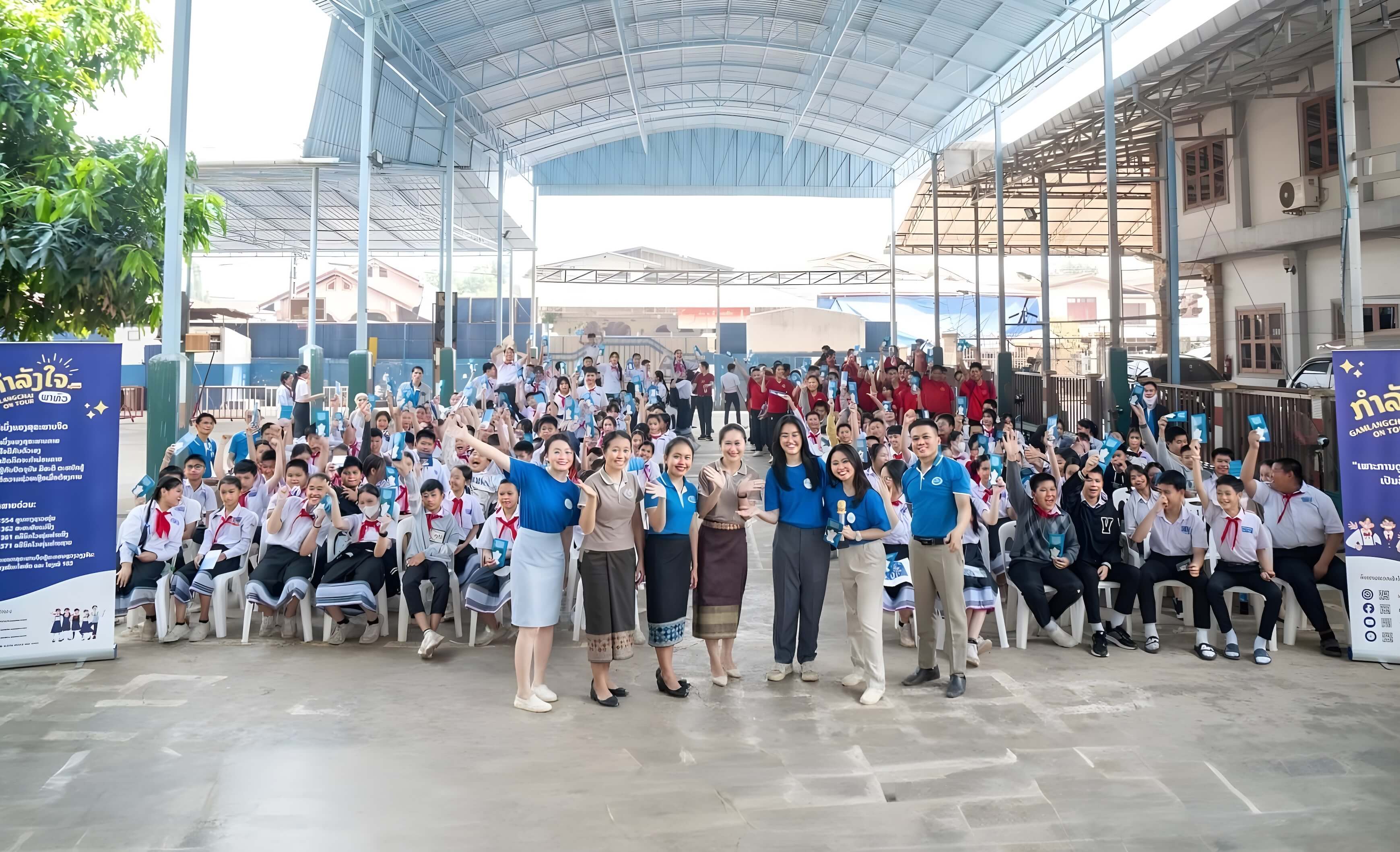




Luz Rimban is a veteran journalist and executive director of the Asian Center for Journalism at the Ateneo de Manila University. She teaches journalism at the Ateneo Department of Communication.
Ms. Rimban writes about the dangers of spreading false information during the pandemic and the shared responsibility of both the media and the public in preventing it.
In early September, a rumour spread that Pasig City Hall in Metro Manila was shut down after some employees contracted COVID-19. Attached to that was another rumour: that the city’s vaccination program was suspended due to the shutdown, forcing people scheduled for inoculation to stay away.
Like most examples of misinformation, this one had elements of truth. The city did order the closure of some offices where employees tested positive for the virus, but what was false was the suspension of the vaccination programme and the lockdown of the whole city hall.
Misinformation has also fueled potential superspreader events like those that happened in early August. City officials were caught off guard by the deluge of people queuing for vaccinations in Manila, Las Piñas and Antipolo on 5 August, supposedly spurred by rumours that these would be discontinued once the severe lockdown takes effect the next day. Panicked citizens descended on malls that had been designated as vaccination centres, on the mistaken belief that they would be denied government assistance if they remained unvaccinated.
In a country lagging behind the rest of the world in vaccinations, false information holds the Philippines back even further. While 41 per cent of the world’s population has already received at least one dose of the vaccine, in the Philippines the rate is 16.8 per cent, according to the website Our World in Data. And what makes the need for a stepped-up pace of vaccinations more urgent has been the rapid spread of the Delta variant in the last few months. On 11 September alone, the Philippines recorded more than 26,000 COVID-19 cases.
How could false information spread so fast and so stealthily? Pasig City mayor Vico Sotto offered some explanation. “The news that reached a Viber group was that the whole city hall was locked down and the vaccination had been suspended,” Sotto said in a tweet on 2 September. “Covid spreads quickly, but disinformation spreads even faster,” he added. Although Sotto was referring to the September incident in Pasig, he could have been offering a clue to what happened in the other cities a month earlier.
Messaging apps like Viber, Facebook Messenger, WhatsApp, Telegram, and Signal have become a growing focal point of misinformation and disinformation. What exactly transpires in these apps happens outside the scope of fact-checking and verification efforts. These conversations happen privately, in encrypted form, mostly in closed, intimate groups where users belong to families or clans, or are otherwise linked by education or profession, or shared interests, beliefs, convictions, and advocacies.
In September 2018, the Oxford Universitybased Reuters Institute for the Study of Journalism commissioned Kantar Media to examine this growth in messaging apps. Users were turning away from Facebook for its failure to provide meaningful and relevant social connections that had attracted them to it in the first place. The study focused on four countries: Brazil, Germany, the United Kingdom, and the United States. It found that since 2014, messaging apps led by WhatsApp had “grown remarkably as a tool for news among social media users in Brazil, and it has at least doubled in the other three countries.”
The study’s findings now appear relevant elsewhere, including the Philippines, especially after COVID-19 forced the world into lockdown and people into isolation and loneliness. Online communities such as those nurtured in messaging apps or even social media groups offer a semblance of belonging despite the physical distance and a lifeline to the rest of the world.
The Reuters study found, “News might be picked up in Facebook and then shared in the privacy and greater intimacy of WhatsApp. Facebook is where news is announced, while WhatsApp is where it is copied across and discussed.” For users who belong to multiple groups on these messaging apps, the sharing of information, true or false, can happen at exponential rates, and the fallout would have happened even before traditional media have caught on, as the August incidents showed.
In the Philippines, messaging apps have gained popularity as vehicles of commerce, news, government updates, and social connections. The leading messaging app is Facebook Messenger, but WhatsApp, Telegram, and Signal remain among the most used. In January this year, Viber reported a 24 per cent increase in the number of users in the Philippines, part of the more than 400 per cent jump in users in the Asia Pacific region.
To be fair, these messaging apps have many legitimate uses. They have become common among workplace communities in a work- from-home environment and the academe, where they are used to supplement online learning modes. Messaging apps are how students stay in touch with classmates and teachers outside online class hours and how group work gets done. The Department of Health provides daily updates on the COVID-19 situation on Viber while media groups post news stories on their Viber accounts as an alternative source to social media.
But the danger of misinformation and disinformation spreading on these ubiquitous tech applications cannot be discounted, especially in the Philippines, where the infrastructure for online communication remains unreliable. A few months ago, the local government of Quezon City, the biggest city in Metro Manila, became the object of frustration and criticism after its vaccination registration platform, ezconsult.io, experienced repeated crashes. Residents took to Facebook to vent their frustrations at the difficulty of securing vaccine appointments. Messaging apps, as well as Facebook groups, became the go-to sites for questions and solutions to such problems.
While vaccinations are a national concern, and mainstream media monitor vaccine efforts, there is only so much that journalists can do, given how dispersed the efforts are. As vaccination efforts continue, it is becoming clear that local government units are playing a major role in ensuring a smooth rollout and delivery of accurate information. At the same time, media literacy efforts have to continue to inculcate in social media users the discipline of checking information that comes their way and the restraint in sharing messages that land on their phones.
Disclaimer:
The views and opinions expressed in this article are those of the author and do not necessarily reflect the official policy or position of ASEAN.








